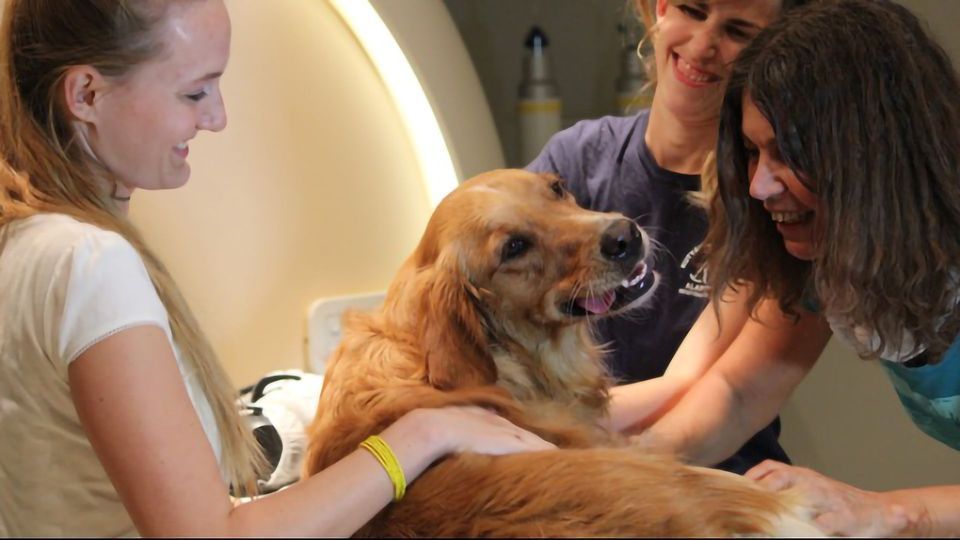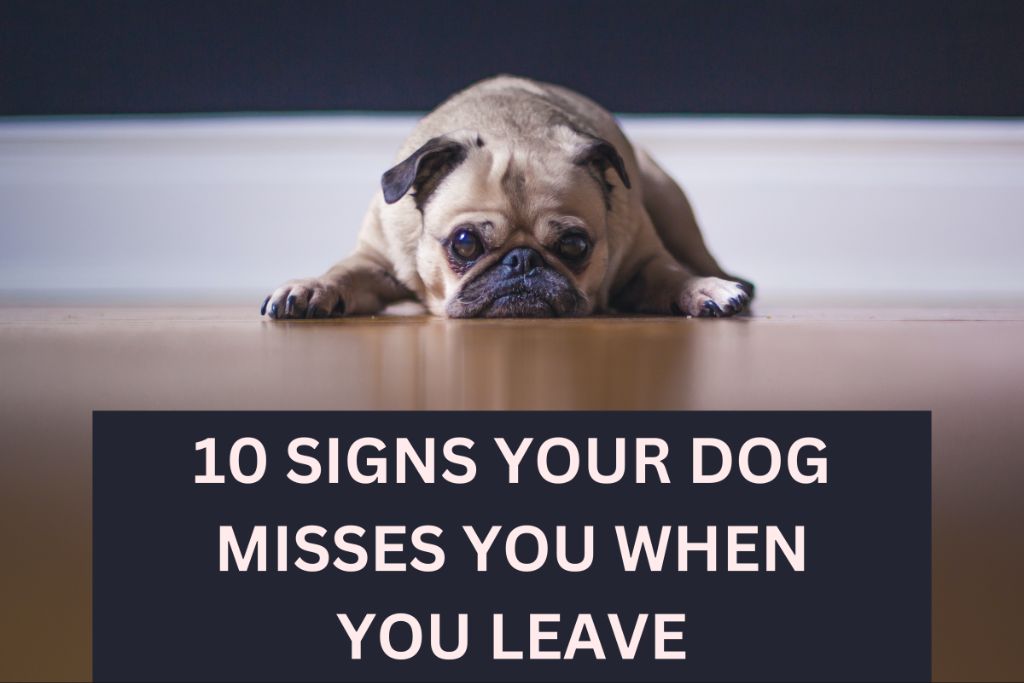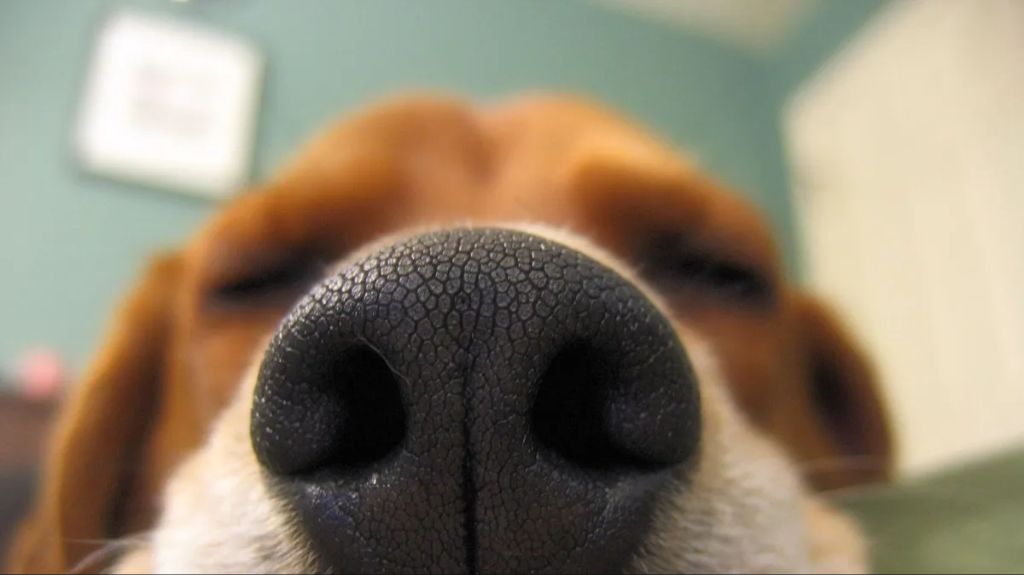Introduction
Being apart from our canine companions can be difficult, especially when we are away for extended periods of time like months. As humans, we form strong bonds with our dogs, so it’s natural to wonder how they feel when we leave them behind. We know dogs get excited when we return after even a short absence, but do they actually miss us when we’re gone for months? The depth of emotion that dogs can feel is still being explored by science, but there are some clear signs to suggest that yes, dogs do indeed miss their human owners.
Dog Attachment
Dogs can form strong attachments and bonds with their human owners through daily interactions and care. According to research, dogs exhibit behaviors indicative of an attachment relationship similar to human caregiver-infant bonding (Payne, 2015). When a dog has a close attachment to their owner, they will engage in proximity-seeking behaviors, following them around the house, greeting them eagerly, and desiring physical contact. This attachment is formed through the owner providing food, shelter, play, affection, training, and meeting the dog’s needs on a consistent basis. Studies show that the oxytocin hormone plays a key role in promoting attachment between dogs and owners, being released during positive interactions like petting, play, exercise, and feeding time (Amazing Animal Minds). The daily rituals of living together strengthens the human-canine bond over time.

Dog Memory
Dogs have excellent associative memory, allowing them to remember people long after not seeing them. This is because dogs form memories based on the associations and experiences they have with people, places, and events rather than remembering specific details like humans do (1).
For example, dogs can recognize previous owners or family members after years of separation, because they associate those people with positive memories of love, care, and bonding. According to Dr. Stanley Coren, even brief interactions with a person can create strong memories in a dog if they are associated with reward or affection (2).
Research also shows that dogs may remember specific events or experiences for 2-10 minutes. This short-term memory allows them to remember where a ball was thrown or which cup has a treat hidden under it in the moment. Long-term memories seem to last much longer through the power of association (3).
So while dogs may not remember every detail or nuance of people or experiences, their ability to form positive associations allows for powerful long-term memory of those they love and care for.

Sources:
(1) https://www.rover.com/blog/how-much-do-dogs-really-remember/
(2) https://www.whole-dog-journal.com/behavior/do-dogs-have-good-memory/
(3) https://www.southernliving.com/culture/pets/what-do-dogs-remember
Signs of Missing You
There are several clear behavioral signs that indicate a dog misses their owner while they’re gone. These signs often demonstrate a sense of sadness, anxiety, or depression in the dog due to the absence of their beloved human companion.
Some of the most common signs a dog misses you include:

- Waiting by the door – Dogs will often sit by the door through which you left, waiting expectantly for you to return. They’ll perk up whenever someone approaches the door. (Source)
- Sleeping on your belongings – Dogs may sleep on your clothing, shoes, pillow, or other frequently used items that smell like you. This brings them comfort while you’re gone. (Source)
- Depression – Less energy, lack of interest in toys/walks, loss of appetite, and moping around are signs of depression from missing you. (Source)
- Destructive behavior – Dogs may engage in destructive chewing, digging, or barking due to anxiety from your absence. (Source)
- Excessive vocalizations – Whining, barking, and howling are expressions of sadness and distress when you leave. (Source)
These behaviors demonstrate the emotional bond dogs form with their owners and the distress separation can cause. Understanding these signs can help you provide extra comfort items when leaving your dog for extended periods.
Scent Memory
Dogs have an incredibly powerful sense of smell that allows them to form strong memories associated with scents. According to research from National Center for Biotechnology Information, odors elicit detailed memories in dogs even more so than other sensory cues. A dog’s sense of smell is estimated to be anywhere from 1,000 to 10,000 times better than a human’s. This allows them to remember scents vividly and associate them with past experiences and their owners.

When a dog’s owner leaves for an extended period, the dog will still remember their owner’s unique scent. Smelling an item with the owner’s scent on it, like an old t-shirt or pillowcase, can trigger strong memories in the dog of that person. Even after months apart, dogs are able to recognize and remember their owner’s scent signature. This robust scent memory means that dogs are likely to retain positive memories of their absent owner while they are separated.
Dog Sadness
When dogs lose an owner or another cherished companion, they can exhibit signs of grief and mourning, similar to humans. According to the American Kennel Club, dogs form strong bonds with their owners and families, so it’s not surprising that they feel the loss when that person dies. Common signs of grief in dogs include lethargy, loss of appetite, crying or whining, searching for the deceased, and keeping items that smell like the deceased near them.
For example, a study published in the journal Animal Cognition found that dogs exhibited more attention-seeking behaviors, such as nuzzling and pawing, after the death of a family member. Another study from Animal Behavior Science observed dogs staying close to their deceased owner’s belongings and refusing to sleep in their usual spot after their owner passed away. Providing extra affection, maintaining routines, allowing them to grieve, and giving positive distractions can help dogs cope during this difficult transition.
Boredom and Anxiety
Dogs are social animals that thrive on interaction, so when their owners suddenly disappear for extended periods, it can lead to boredom, anxiety and stress. According to the AKC, signs of a bored dog include destructive behavior, barking, whining, pacing, and repetitive motions like licking or chewing [1]. Without their usual routines and activities with their owners, dogs quickly become restless. They miss the mental stimulation and physical exercise they are used to.
This lack of activity can manifest as anxiety. Dogs may seem agitated or distant. They may lack interest in toys and treats they normally love. Separation anxiety is also common when a dog is suddenly left alone for long stretches. Dogs are social pack animals, so isolation can be very stressful. According to experts on Quora, dogs require daily interaction just like humans, so long separations can be difficult for them [2].
Boredom can lead dogs to act out with undesirable behaviors. Chewing, digging, barking, and aggression may result from anxiety and frustration. According to Dutch Pet, providing mental stimulation through interactive toys, changing up routines and environments, and hiring pet sitters can help alleviate a dog’s boredom when the owner is away for extended periods [3].
Duration of Absence
The length of time an owner is away has a significant impact on how intensely a dog misses them. According to holidaybarn.com, dogs typically go through a period of grief when their owner leaves that can last from a few days to several weeks, depending on the duration of the absence. The initial separation is often the most difficult, with signs of missing their owner being most acute in the first few days.
However, as reported on madpaws.com.au, if an owner is gone for longer than two hours, dogs will start to plateau in their melancholy until reunited with their owner. For very long absences, such as several months, the grieving process is drawn out, and dogs may continue to show signs of missing their owner well beyond the first few weeks.
In summary, while dogs certainly feel the loss of their owner immediately, longer periods of absence result in a more protracted grieving process and intensified signs of missing their human companion.
Making It Easier
There are some things owners can do to make extended absences easier on their dogs:
- Leave them with a family member or friend they know well. This provides companionship and reduces anxiety.
- Establish a consistent daily routine for eating, walking, playing before leaving. This provides stability.
- Provide interactive toys to keep them occupied like puzzle feeders or chew toys. This prevents boredom.
- Leave recently worn clothes that smell like you. Your scent can be comforting.
- Use pheromone plug-ins like Adaptil to induce calmness.
- Try an Anxiety Wrap or Thundershirt to apply gentle pressure.
- Use calming supplements or anti-anxiety medication if recommended by your vet.
- Hire a dog walker or pet sitter to visit regularly. Social interaction helps.
- Consider doggy daycare a few days a week for play time with other dogs.
Making preparations and accommodations like these can go a long way in easing separation distress. Focus on meeting your dog’s needs for care, attention and activity in your absence.
Conclusion
There is ample evidence that dogs miss their owners deeply during long absences. Dogs are social creatures that form strong attachments to their families. Their powerful scent memory allows them to recognize their owners even after long separations. Distress, anxiety, boredom, and depression are common signs that dogs display when missing their favorite people. While no pet should be left alone for months on end, steps can be taken to ease this transition. Ensuring your dog has proper care, social interaction, exercise, and environmental enrichment will help them cope while you are away. With patience and affection, your loyal companion will be overjoyed when you finally return home.